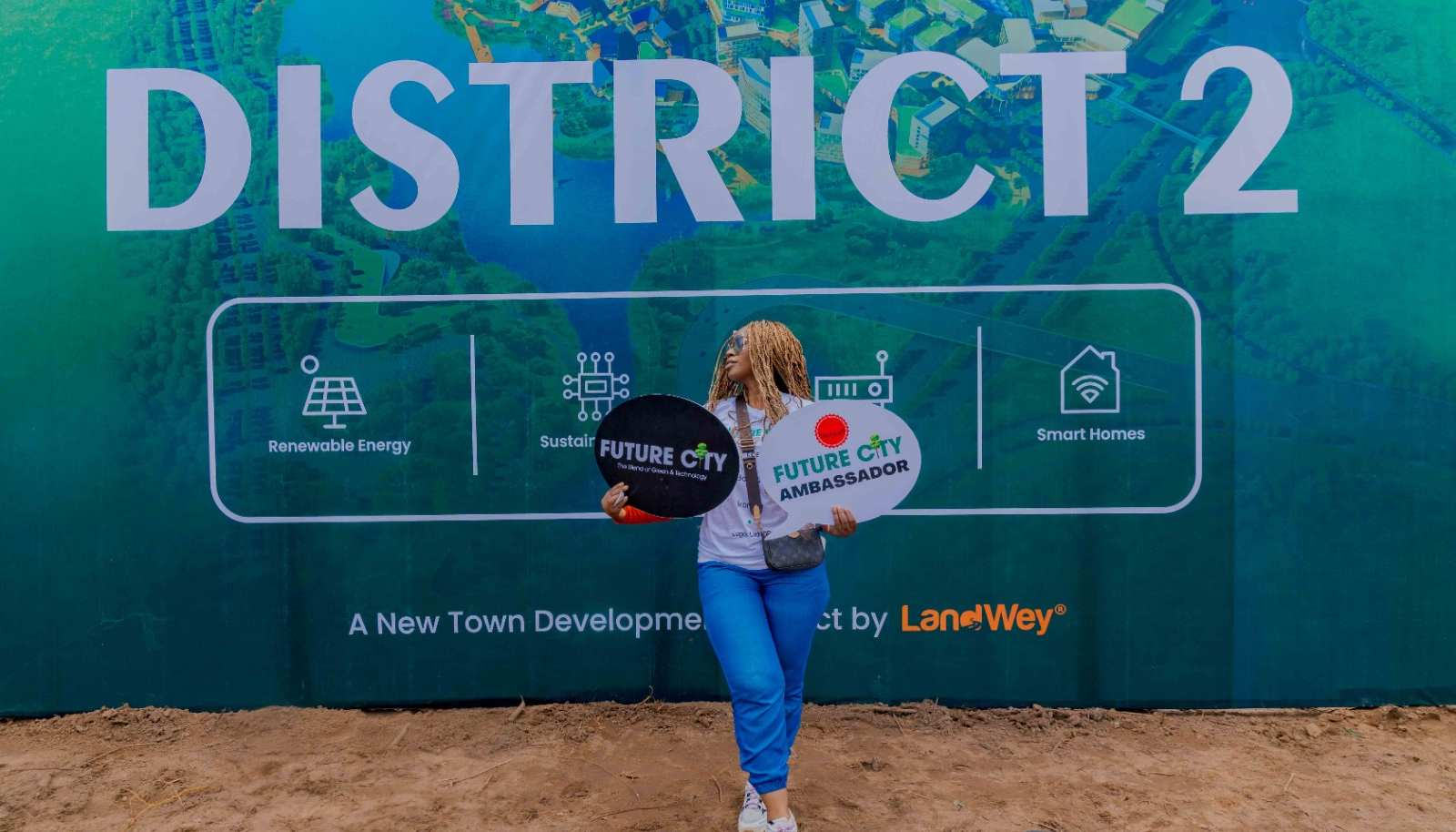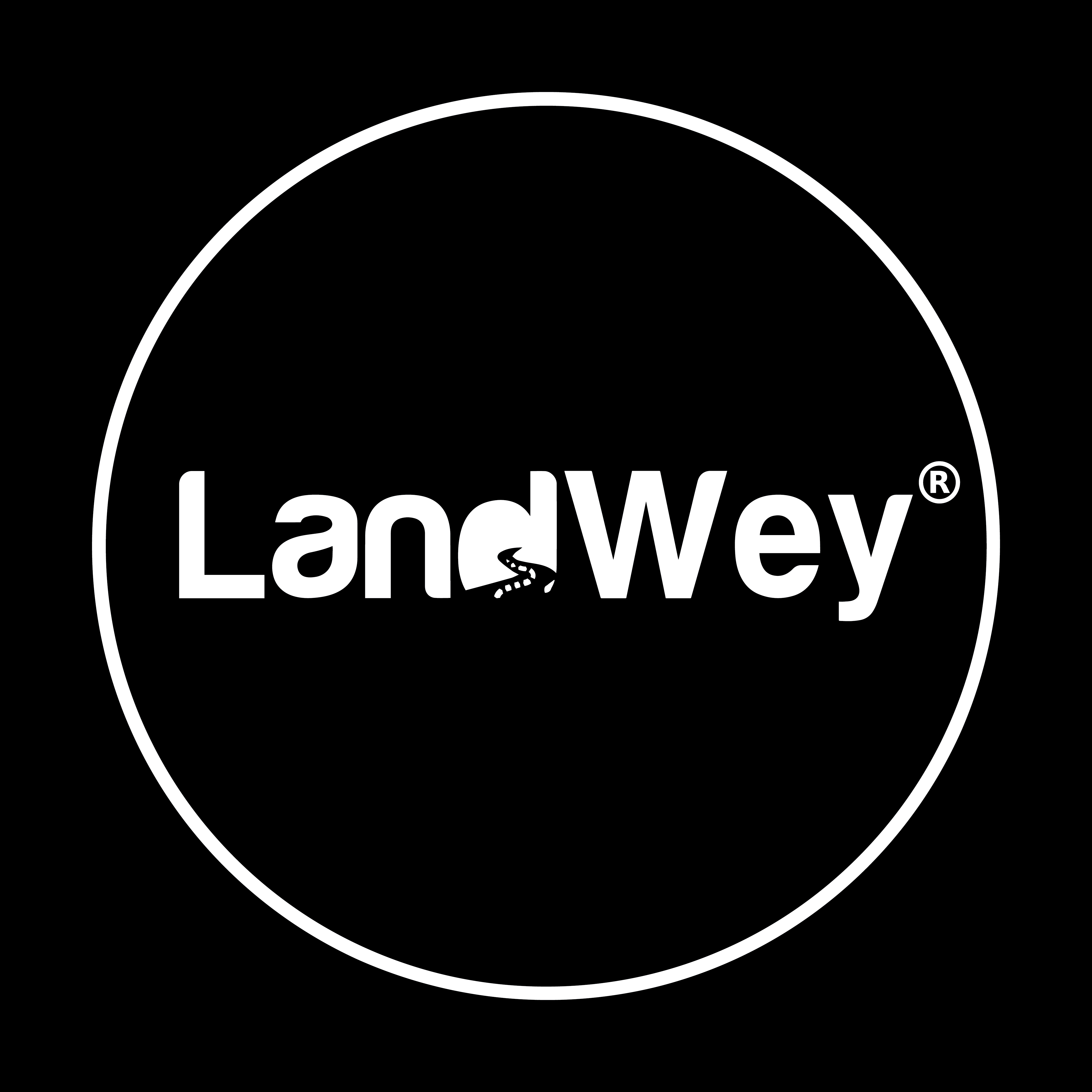The Five Key Reasons Why Land Banking Matters
 We’ve all been there – that moment when you stash away something, thinking it’s just a precaution, a safety net for unforeseen circumstances. Fast forward to a time when you least expect it, and that very thing turns out to be the superhero in your life, saving your assets when it matters the most. It’s a bit like keeping a spare umbrella in your car and, out of the blue, finding yourself caught in an unexpected downpour.
We’ve all been there – that moment when you stash away something, thinking it’s just a precaution, a safety net for unforeseen circumstances. Fast forward to a time when you least expect it, and that very thing turns out to be the superhero in your life, saving your assets when it matters the most. It’s a bit like keeping a spare umbrella in your car and, out of the blue, finding yourself caught in an unexpected downpour.
In the world of investments, this scenario finds its parallel in a concept called land banking, the strategic acquisition of undeveloped land for future use, has gained significant attention in recent years. This investment approach offers a multitude of benefits that extend beyond traditional real estate ventures.
In this blog post, we’ll delve into the five crucial reasons why land banking holds immense importance in the realm of investment and development.
1. Strategic Asset Appreciation: Land, unlike many other assets, has the potential for substantial appreciation over time. As populations grow and urbanization continues, the demand for land increases, leading to higher property values. By strategically acquiring land in areas poised for development like Epe, investors can benefit from significant appreciation, resulting in a lucrative return on investment.
2. Mitigating Risk Through Diversification: Diversification is a fundamental principle in investment strategy, and land banking provides a unique opportunity to diversify a portfolio. While traditional investments like stocks and bonds may be subject to market volatility, land values tend to appreciate more steadily over the long term. Including land in a diversified portfolio can help mitigate risk and provide a stable foundation for wealth accumulation.
3. Capitalizing on Future Development Opportunities: One of the primary advantages of land banking is the ability to capitalize on future development opportunities. As urban areas expand and infrastructure projects progress, the demand for well-located land increases. Investors who have strategically acquired land in areas earmarked for future development can benefit from selling or developing the property at a premium when the market is ripe.
4. Flexibility and Low Maintenance: Land is a low-maintenance investment compared to developed properties. Once acquired, it typically requires minimal ongoing expenses such as property taxes and basic land maintenance. This makes land banking an attractive option for investors seeking a hands-off approach to real estate investment. The flexibility of holding undeveloped land allows investors to wait for the optimal time to sell or develop without the challenges associated with managing buildings or rental properties.
5. Preservation of Natural Resources and Environmental Stewardship: Land banking isn’t just about financial gains; it also plays a crucial role in preserving natural resources and promoting environmental stewardship. By strategically acquiring and holding undeveloped land, investors can contribute to the conservation of green spaces, wildlife habitats, and natural ecosystems. This environmental consciousness aligns with a growing global awareness of the importance of sustainable development and responsible land use.
If you’re considering land banking as part of your investment strategy, it’s crucial to identify promising locations with growth potential. One such noteworthy option is Future City District 2. In the last couple of years, the Epe region of Lagos has experienced rapid industrialization and continues to. Future City District 2 stands out as a perfect example of a land banking option that encapsulates the benefits we’ve discussed. With its strategic location, potential for urban expansion, and planned infrastructure projects, this property embodies the essence of a well-chosen land investment. As you explore your investment journey, consider the promising opportunities that Future City District 2 offers for long-term growth and sustainability.
Embrace the potential of land banking, and embark on a journey that not only builds wealth but also contributes to the responsible and sustainable development of our communities.
To learn more about land banking in Future City District 2.
